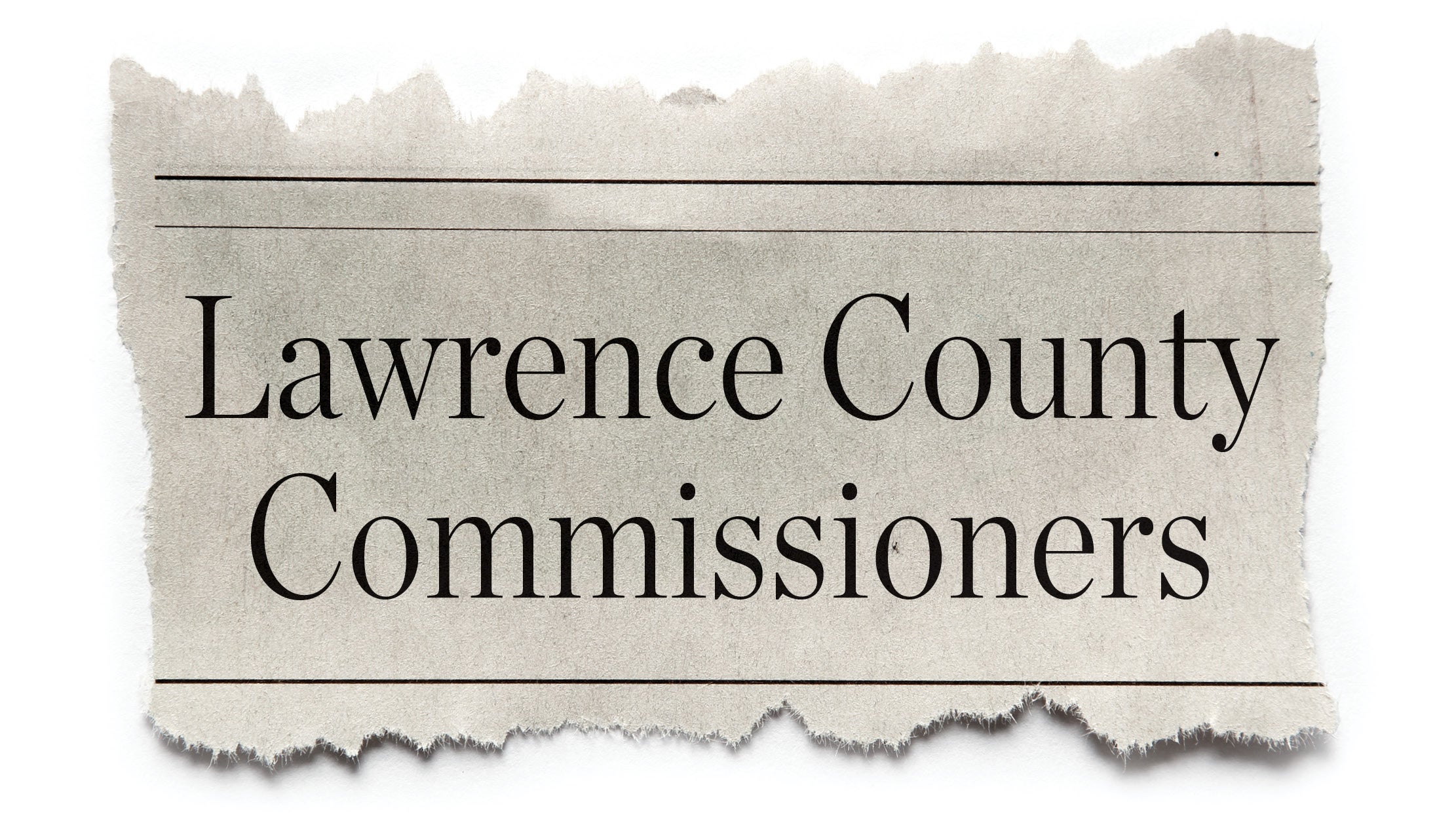Now is not the time for the virtuous to hesitate
Published 8:35 am Saturday, October 10, 2020
I have long imagined what the atmosphere was like in the aftermath of the Battles of Concord and Lexington.
The multitudes who had envisioned that diplomacy with Great Britain would solve the tensions that had arisen between the world’s lone superpower and the fledgling colonies were troubled.
For the men and women who loved liberty and realized its cost, there was a sense of impending challenge beyond anything they had seen to this point in the conflict.
It would be more than a year before representatives from each colony would sign a declaration of Independence pledging their lives, fortunes and sacred honors.
For those who were eyewitnesses of the British occupation of Boston, who knew of Paul Revere’s ride to the home of Pastor Jonas Clark and heard the stories of the bravery of Colonel Tom Parker’s men… to these good people, this was real!
A few weeks later as news reached Virginia.
In a letter dated May 31, 1775, George Washington wrote to his neighbor George William Fairfax.
Fairfax, a close personal friend was living in England and Washington was looking after his affairs in Virginia.
In the letter, Washington describes the events that took place in Massachusetts on April 19, the shot heard around the world that began the Revolutionary war.
Washington writes, “Unhappy it is, though, to reflect that a brother’s sword has been sheathed in a brother’s breast and that the once-happy plains of America are either to be drenched with blood or inhabited by slaves. Sad alternative! But can a virtuous man hesitate in his choice?” That’s the line that has haunted me for weeks now… “Can a virtuous man hesitate in his choice?”
Webster’s 1828 Dictionary defines virtuous as “Morally good; acting in conformity to the moral law; practicing the moral duties, and abstaining from vice; as a virtuous man… Being in conformity to the moral or divine law; as a virtuous action; a virtuous life.”
What every founder knew and defended was the truth that the rights of man come from God.
Yet the public acknowledgement of God was more than just a pleasant practice in early America; it actually formed the basis of our government philosophy – a philosophy set forth in eighty-four simple words in the Declaration of Independence, “We hold these truths to be self-evident: that all men are created equal, that they are endowed by their Creator with certain unalienable rights; that among these are life, liberty and the pursuit of happiness; that to secure these rights, governments are instituted among men, deriving their just powers from the consent of the governed.”
As my friend David Barton points out, “Thus, five immutable principles constitute the heart and soul of American government: 1. Government acknowledges that there is a Creator 2. Government acknowledges that the Creator gives specific inalienable rights to man 3. Government acknowledges that it exists to protect God-given rights 4. Government acknowledges that below the level of God-given rights, government powers are to be operated only with the permission of citizens – i.e., with the “consent of the governed” 5. If government fails to meet the four standards above, the people have an inalienable right to abolish that government and institute a new one that does observe the four criteria above.”
Just as there was a percentage of the population of the colonies in 1776 who felt it would be better to go along with the earthly king’s demands and rule and thereby live under his authority, today there are many who would rather have the government in control of every aspect of our lives.
The key, as our founders knew, was that God must be recognized as the giver of life and liberty.
Without a public and official recognition of God, there is no hope of limited government, for rights come only from God or from man.
If rights come from God, then we can require man to protect those rights – as we did in the Declaration, Constitution and Bill of Rights.
But if our rights come from man however, then man is permitted to regulate or abolish those rights and the government’s power over our lives.
As Washington alluded, a virtuous man cannot hesitate in taking action in such cases.
He knew that the battle was upon America and there must be a response.
He had no illusions as to the cost or sacrifice that lay ahead, but for a virtuous man, the right thing must be done.
Today, as then, we find ourselves facing a similar moment of conflict.
A moment of time of such importance that ages to come will look back at this season of America’s history with pride and appreciation or with sorrow and regret.
It has been said that the fruit of our lives grow on the trees of others.
Our actions certainly affect more than we can imagine. This election will shape the rest of my life, and yours!
And I have the greatest confidence and trust that the men and women in this nation will, with the influence God has handed you, make the difference which will bring great blessing to our precious grandchildren and every generation that follows.
Their future, their happiness depends on what we do in the days ahead.
We dare not hesitate!
Tim Throckmorton is the Midwest Regional director for Church Ministries.






